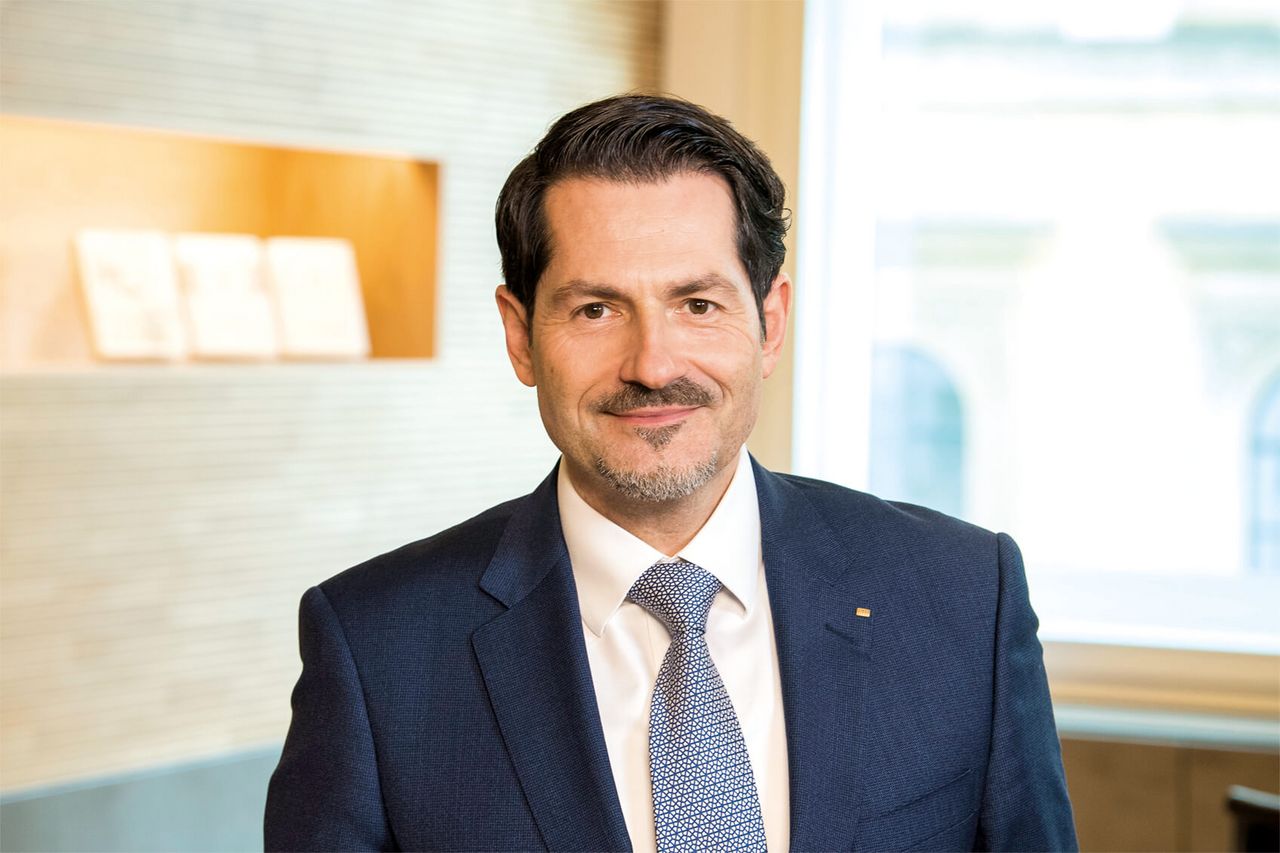TUM President’s Foreword
We are always reinventing ourselves – top universities are constantly evolving, otherwise they fall behind in the competition. TUM is currently undergoing a fundamental transformation process. Fifteen faculties will become seven schools.

Image: Astrid Eckert / TUM
Four new schools have already been founded and have begun their work in the new constellation, with three more to follow by the end of 2023. The purpose of this realignment is to more efficiently transform the development potential in research and teaching into innovations, to accelerate technology spin-offs, and to make TUM as a whole more adaptable to future tasks and new framework conditions.
Important elements of the reorganization are the Integrative Research Centers as transdisciplinary cross-sectional institutions. They link the new schools with each other in order to create further innovation spaces.
The TUM Institute for Advanced Study has a special role to play here. With more than 60 collaborative projects by international Fellows and TUM Hosts based there, it is committed to cutting-edge research, internationality, and interdisciplinarity like no other TUM institution. The TUM-IAS is ideally interwoven with the schools and, with unconventional thinking across disciplinary boundaries, provides new insights that in many cases stand for social responsibility.
Sustainability
And that is exactly what will matter. Climate change and sustainable action are among the greatest challenges we will face in the coming years and decades. More than ever, society needs the full creative power of our university community, our entrepreneurial courage to change, and a new sense of responsibility.
Sustainability is already a firm cornerstone of our TUM strategy today. We align our research, our teaching, our continuing education program, and also the campus management at our five main locations with it. To name just a few examples: M Cube stands for our sustainable mobility project, which will receive 45 million euros in funding from the German government over the next nine years. The Green Hydrogen Future Lab will be funded by the German Federal Ministry of Education and Research for the next three years. Likewise, our students were successful in the Carbon Removal Student Competition and were able to implement the significantly more efficient use of methane from biogas plants. The entire Straubing campus, with 21 professorships, is dedicated to the topics of bioeconomy and sustainability. These projects show how important this task is to us and how deeply and diversely it is already anchored in research and teaching today.
In recent years, the TUM-IAS has placed a major focus on energy research in a wide range of disciplines – from catalysis research to optimized semiconductors and novel materials for photovoltaic cells. Sustainability needs such ambitious research for more efficient energy use.
Quantum sciences and technologies
Since its founding in 2005, the TUM-IAS has been working with many projects close to the focal points of TUM. Quantum science and quantum technologies have been among them for years. In 2018, TUM was successful with its partners Ludwig-Maximilians-Universität, the Max Planck Institute of Quantum Optics, and the Walther Meissner Institute for Low Temperature Research and won support for the Cluster of Excellence Munich Center for Quantum Science and Technology. In 2021, we jointly launched the Munich Quantum Valley, which will be supported by the Free State of Bavaria with 300 million euros over the next few years. Quantum computing, quantum cryptology, transfer to industry, education and training – these are some of the goals of the new Quantum Valley. In addition, TUM is investing in new professorships in these fields. BMW AG is funding an endowed chair on quantum algorithms and applications.
Transfer to market – from labs to ventures
The industrial technology leaders in Europe have been conducting cutting-edge research at the highest level for decades. Since 2005, the Rudolf Diesel Industry Fellowships of our TUM-IAS have succeeded in bringing together top-class researchers from industry and university on a longer-term basis.
We are placing the transfer to society on an even broader basis. Whether it is knowledge and skills, technologies, or education and training – the path from invention to innovation is multifaceted. That’s why we’re setting up the new Venture Labs. In specially equipped laboratories, workshops, and IT centers, spin-offs at the interfaces of engineering, natural and life sciences, artificial intelligence / information technology, and medicine in particular will be given a unique boost. This joint initiative of TUM and UnternehmerTUM, our partner for innovation and start-ups for over 20 years, offers founders a comprehensive ecosystem with the necessary development environments. Our offerings range from technical and social infrastructure to entrepreneurship education and support through a network consisting of high-profile entrepreneurs, mentors, industry partners, academic / domain experts, and investors. Here, too, we have been able to attract top-class partners such as the BMW Group, BayWa AG, Nemetschek Group, and the entrepreneurs Andreas and Thomas Strüngmann, who together are providing around 30 million euros for this purpose.
In this reorganization of the Technical University of Munich, with its focus on research, transfer, sustainability, and internationality, the TUM-IAS plays a central role with cutting-edge research, interdisciplinarity, and internationality, to which you all contribute as Fellows, Members, and Friends. I look forward to meeting you at the General Assembly 2022 at the TUM-IAS.